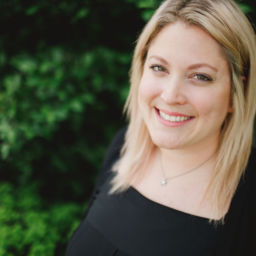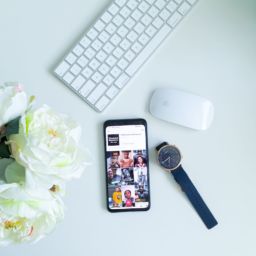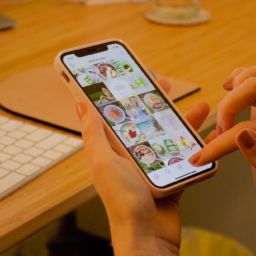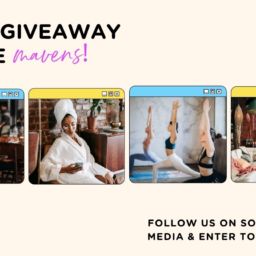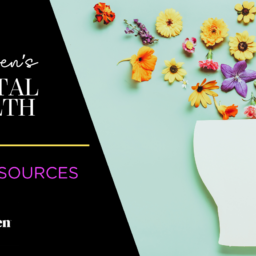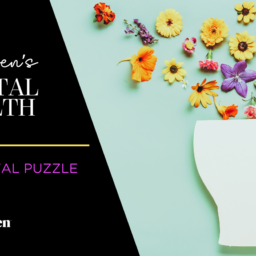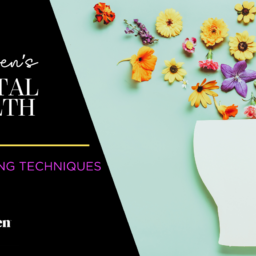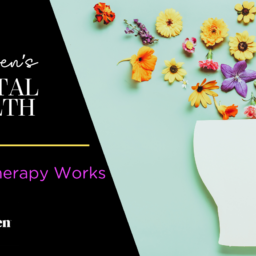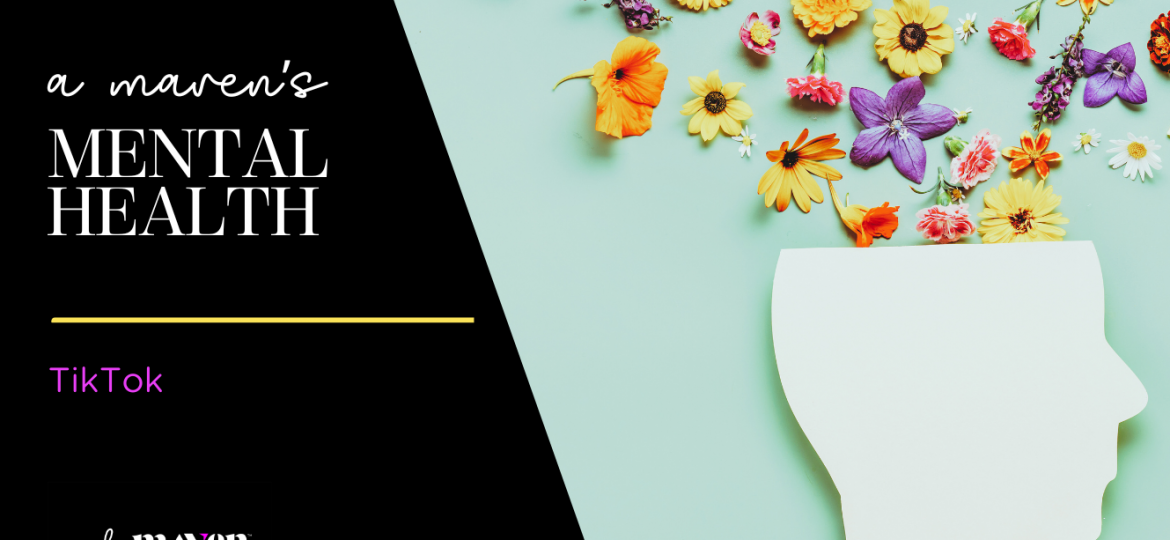
 Welcome to Indy Maven’s Mental Health column coming by way of Adair McDonald, LMHC (she/her/hers). Check out her website for information about how Adair works with clients, and to contact her directly to book a session.
Welcome to Indy Maven’s Mental Health column coming by way of Adair McDonald, LMHC (she/her/hers). Check out her website for information about how Adair works with clients, and to contact her directly to book a session.
Fairly regularly, a client says something like, “I know I shouldn’t self-diagnose, but I saw this thing on TikTok…” Then they proceed to tell me relevant and precise information they’ve never shared before, and it turns out to be a piece of the puzzle that makes us both move treatment into a new and more helpful direction.
I thank them for this information and let them know I always value a person’s self-knowledge and journey to understand themselves and that they are probably the best person to “diagnose” themselves since they are the only ones living their actual life, thinking their actual thoughts and experiencing all that comes along with that.
Diagnoses are complicated. They matter, but they can also be damaging if not understood in an empowering context.
A diagnosis of a mental health “disorder” comes from a book called the DSM (Diagnostic and Statistical Manual of Mental Disorders). It breaks each “disorder” down into a set of criteria a person must meet in order to receive the official label, which is then able to be treated as a medical condition. This is important so that people who plan to use their insurance can have services covered or so they can get access to resources, medications, or treatment facilities that are only available to those who meet the criteria for the particular diagnosis. For this diagnosis to “count,” it must be given by someone legally allowed to do that, like a doctor, nurse practitioner, or licensed mental health provider.
Many people experience great relief when they finally find a diagnosis that explains the “why” of their challenges. For example, I’ve seen wonderful growth happen for people when they realize they have ADHD or are autistic because now they have the language and tools that allow them to work with their particular brains to create better systems and communicate more effectively.
The dark side of mental health diagnoses is that they are grounded in what is “wrong” with a person. If you look in the DSM, you aren’t going to see facts like “people who’ve experienced PTSD also experience posttraumatic growth and sometimes go on to create incredible ripples of good in the world.” Instead, you see nightmares, avoidance, excessive blame, and hypervigilance. So when someone has a label like this stamped on them without collaboration, it can actually have the effect of making them feel stuck and doomed to a lifetime of suffering.
Another big problem with our process of diagnosing mental health disorders is the vast amount of stigma, misinformation, and reliance on outdated, culturally biased assessment tools that are still standard procedure in our medical establishment. Here again, the importance of really listening to people and asking great questions is crucial. This is why I want a client to feel empowered to do their own “me-search” and come in with as much information as possible to help me help them.
The idea that a mental health professional or any other healthcare provider would roll their eyes or get snarky about someone else’s journey into self-discovery makes my blood boil. Patriarchal policies, attitudes, and gatekeeping have kept people afraid to speak up. They don’t want to seem like they think they “know better” than the professionals for fear of being dismissed or seen as a difficult patient. This phenomenon has created distrust and even passivity in consumers of healthcare and an overly reliant belief that the professional should automatically be able to read a person and know what is “wrong.” This might work okay with more cut-and-dry medical issues like breaking a bone, but there aren’t typically definitive tests for mental health conditions, and we need to really understand a person’s life and story to get those right.
Whether or not social media is the best way to find this information is, in some ways, beside the point. The fact is anything—whether it’s a TikTok, podcast, book, documentary, or Instagram post—that gets one closer to understanding the “why” of why they are struggling is valuable.
You may ask, what if the information consumed isn’t factually correct and you’ve got the diagnosis wrong? No problem. A respectful and collaborative provider will still be able to hear the parts of it that you identify as true and should be able to ask great follow-up questions that get a clearer picture of what you’re attempting to treat or if there is a diagnosis that fits better.
Or what if someone comes across perspectives that cause them to feel stigmatized or defective in a diagnosis? This is when it can be even more important to discuss with a trusted provider who really listens and attempts to instill hope. There is no question that some diagnoses come with behaviors that are harmful. But if a person is willing to work through the initial shock of confronting some hard truths, they will more easily be able to change those behaviors and feel more compassion towards themselves and others.
Certainly, there is plenty of misinformation about mental health all over TikTok and other social media platforms. But if we can foster a culture that allows providers and consumers of healthcare to respectfully collaborate and clear up the misinformation, I believe the good far outweighs the bad when it comes to people finding language that helps them feel understood. With each step in the process of self-discovery comes the discovery of more tools that can be helpful in changing the things we can, and accepting what is not in our control.
As long as we are all glued to our phones, we might as well embrace the good that comes from an abundance of information and resources in order to fine-tune our approach to self-care. So next time you’re scrolling and you experience that feeling of self-discovery, I hope you will be empowered to bring this information to a provider who wants to collaborate on getting you the best tools out there for your unique needs.
All of our content—including this article—is completely free. However, we’d love it if you would please consider supporting our journalism with a Maven Space Digital Membership.








